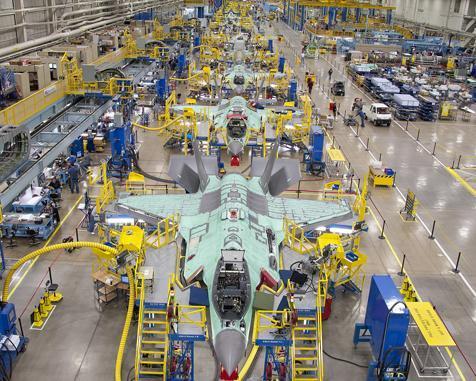
Credit: Lockheed Martin
Lockheed Martin has halted F-35 deliveries for several weeks to replace a newly identified Chinese supplier of permanent magnets embedded in a Honeywell subsystem. The Sept. 7 announcement adds pressure on Lockheed’s goal to deliver 147-153 F-35s this year and highlights growing concerns about...
Subscription Required
This content requires a subscription to one of the Aviation Week Intelligence Network (AWIN) bundles.
Schedule a demo today to find out how you can access this content and similar content related to your area of the global aviation industry.
Already an AWIN subscriber? Login
Did you know? Aviation Week has won top honors multiple times in the Jesse H. Neal National Business Journalism Awards, the business-to-business media equivalent of the Pulitzer Prizes.
